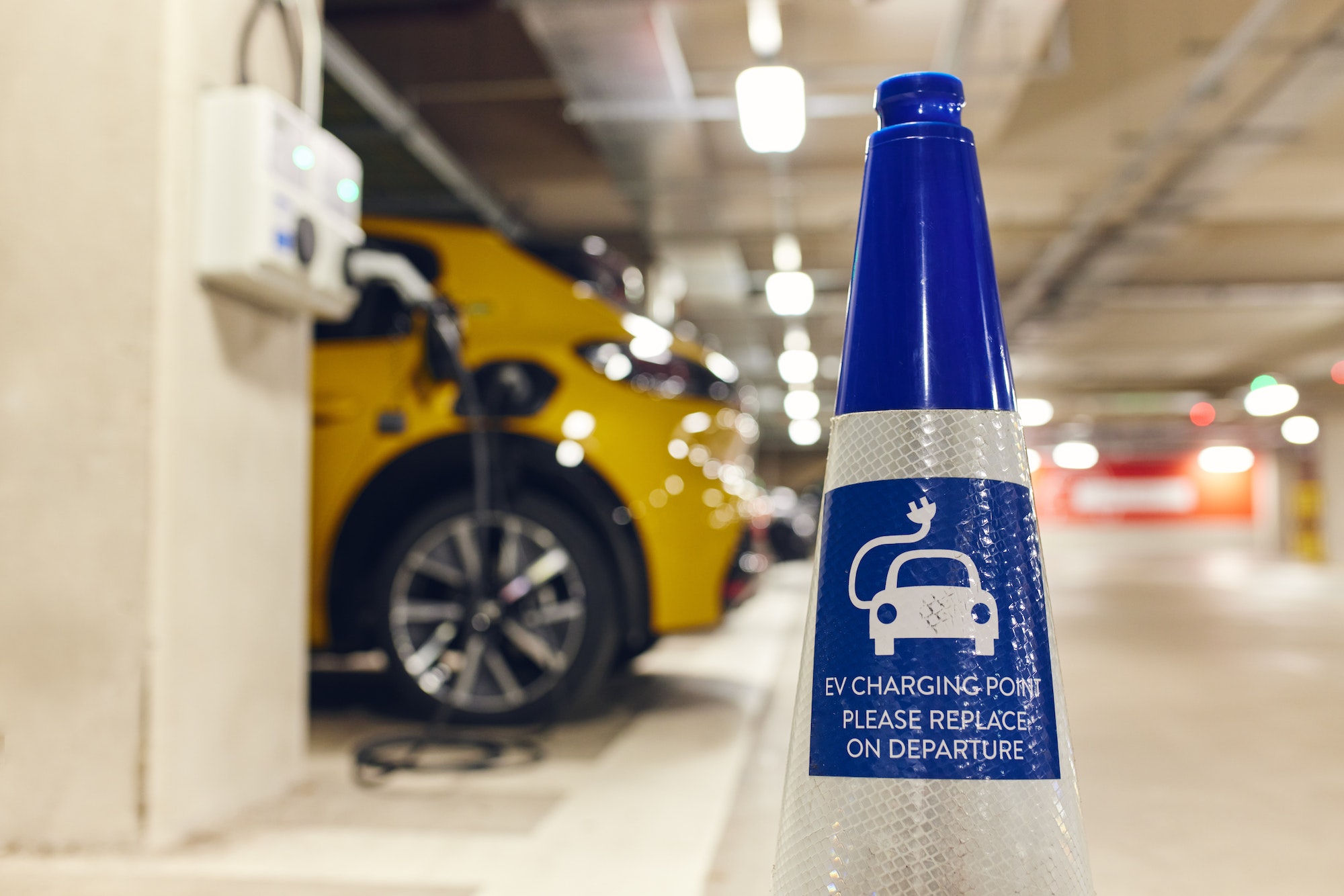In a surprising turn of events, Chancellor Rishi Sunak’s decision to delay the ban on petrol and diesel cars has sparked a wave of resistance among a segment of the UK population. Many drivers, in a show of defiance, have vowed never to purchase an electric vehicle (EV) in response to the government’s perceived inconsistency on environmental policies. But what’s behind this sentiment, and what does it mean for the future of transportation in the UK?
The Background
The UK government had previously set an ambitious target to ban the sale of new petrol and diesel cars by 2030, as part of its broader strategy to combat climate change and reduce carbon emissions. This move was seen as a significant step towards promoting the adoption of electric vehicles, which are considered more environmentally friendly.
However, the recent announcement by Rishi Sunak to delay this ban has been met with mixed reactions. While some see it as a necessary step to give the automotive industry more time to adapt, others view it as a setback in the country’s fight against climate change.

The Resistance
In the wake of the delay, a vocal group of drivers has emerged, expressing their frustration with the government’s decision. Their primary grievance? A perceived lack of consistency and commitment to environmental goals. As a form of protest, many have pledged not to buy electric vehicles, seeing it as a way to voice their dissatisfaction.
This sentiment, while rooted in frustration, is somewhat paradoxical. By refusing to adopt electric vehicles, these drivers are inadvertently contributing to the very problem the ban sought to address. The continued use of petrol and diesel vehicles will only exacerbate carbon emissions and environmental degradation.

The Broader Implications
The resistance to EV adoption following Sunak’s decision highlights a broader issue: the importance of consistent and clear messaging from the government. Policy flip-flops can erode public trust and lead to unintended consequences, as seen with the drivers’ protest.
Moreover, the automotive industry, which had been gearing up for the 2030 deadline, might now face uncertainties. Investments in EV infrastructure, research, and development could potentially be impacted.
Looking Ahead
While the vow of some drivers not to buy electric vehicles is a statement of protest, it’s essential to remember the bigger picture. The transition to electric vehicles is not just about government policies but about creating a sustainable future for all. It’s a collective effort that requires the support and understanding of the public, industry, and policymakers alike.
In the coming months and years, it will be crucial for the government to re-establish trust and provide clear, consistent messaging around its environmental goals. Only then can the UK hope to achieve a harmonious transition to a greener transportation future.




